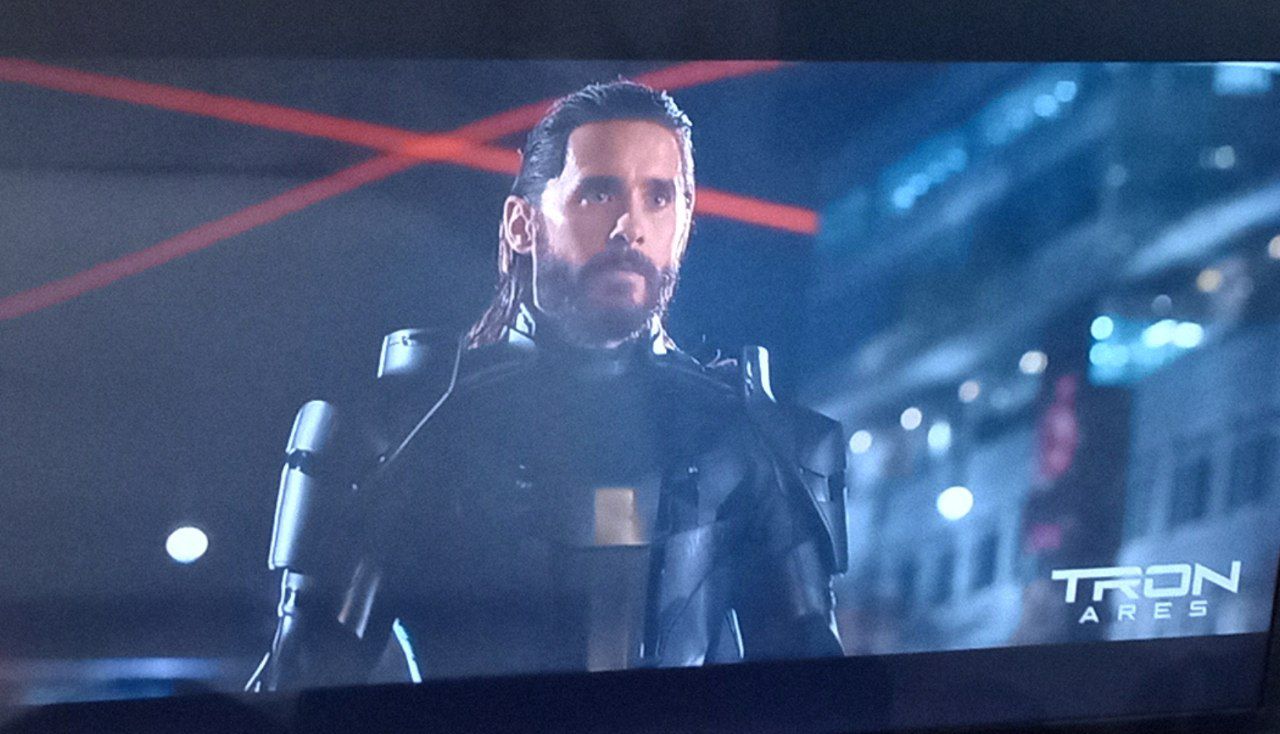Hollywood’s Factory Line: How Wall Street and Private Equity Gutted the Soul of Cinema
By Mexus
Something broke in Hollywood around 2015.
Movies stopped feeling like stories — and started feeling like products.
The cause wasn’t creative burnout. It was financial takeover. In less than a decade, Wall Street, private equity, and giant conglomerates turned Hollywood from an artistic industry into a corporate spreadsheet.
The Rise of the Financial Studio
Once upon a time, studios were run by producers and filmmakers who knew stories, actors, and audiences. Now they’re owned by telecom giants, investment funds, and multinational conglomerates whose first loyalty is to shareholders — not storytellers.
- Disney became an empire through a series of massive acquisitions: Pixar (2006), Marvel (2009), Lucasfilm (2012), and finally 21st Century Fox in 2019 was acquired for $71 billion — one of the largest media mergers in history.
- AT&T, a phone company, bought Warner Bros. for $85 billion in 2018, then merged it again into Warner Bros. Discovery, stripping staff and selling off projects to cut debt. And in 2025 Netflix acquired Warner Bros.
- Comcast, through NBCUniversal, swallowed DreamWorks Animation and a fleet of cable networks.
- Behind the scenes, private-equity firms like Blackstone, Apollo Global Management, and Silver Lake Partners quietly bought into production houses, talent agencies, and post-production companies — carving Hollywood into financial assets.
By the mid-2010s, the creative process had been replaced by financial engineering. The question was no longer “What story should we tell?” but “How can this IP generate recurring revenue across platforms?”
The Algorithm Era
This corporate mindset merged perfectly with the rise of streaming. Netflix, Amazon, and Apple turned filmmaking into an algorithmic science: data-driven “content output” where scripts, casting, and even endings are shaped by engagement metrics.
Risk, the essence of art, became the enemy. Original ideas were discarded in favor of “known properties” that could be franchised, rebooted, and merchandised globally.
The Hollowing of the Art
Studios now treat sequels as visual showcases instead of character-driven stories, assuming the brand, nostalgia, or effects will carry the film. But what truly keeps audiences invested are the emotional connections — the characters and the continuity of the actors who brought them to life.
When those are replaced or written out:
- The emotional thread breaks.
- The world feels hollow, no matter how expensive or visually stunning it looks.
- The audience stops caring — because the heart of the story is gone.
Good sci-fi (including the original Tron, directed by Steven Lisberger, and Tron: Legacy, directed by Joseph Kosinski) worked not just because of technology or spectacle, but because of that human link — Kevin and Sam Flynn’s relationship, the search for meaning inside a digital world, and the mystery of creation and control. It was never about the special effects; it was about people we cared about inside those worlds. In contrast, the upcoming Tron: Ares, directed by Joachim Rønning, has chosen to remove the character of Sam Flynn entirely, even though actor Garrett Hedlund is still young and capable of continuing the story. That decision breaks the emotional thread that connected audiences to the original films, risking a sequel that looks impressive but feels hollow.
The Outsourcing of Creativity
In this financial model, even artistry is outsourced. Soundtracks are shipped overseas. VFX houses compete in a race to the bottom. Writers are replaced mid-project to protect intellectual property valuations. The entire process functions like a supply chain, not a creative collaboration.
The corporate logic is ruthless: why hire a seasoned composer when a cheaper international team can mimic the sound? Why pay actors residuals when digital doubles can extend their “brand presence”?
The Aftermath
Hollywood has become a factory line — efficient, shiny, and soulless.
Audiences aren’t walking away from theaters because they dislike movies. They’re walking away because they recognize a lie.
What once was an art form driven by passion, risk, and human emotion has been refitted into an industrial pipeline designed for quarterly earnings. The lights still flicker, the screens still glow, but something essential has gone missing — the heartbeat that once made cinema feel alive.
Until the studios wrest control back from corporate financiers, the world will keep getting beautifully polished movies with nothing inside them — the ghost of Hollywood, traded on the stock market.




